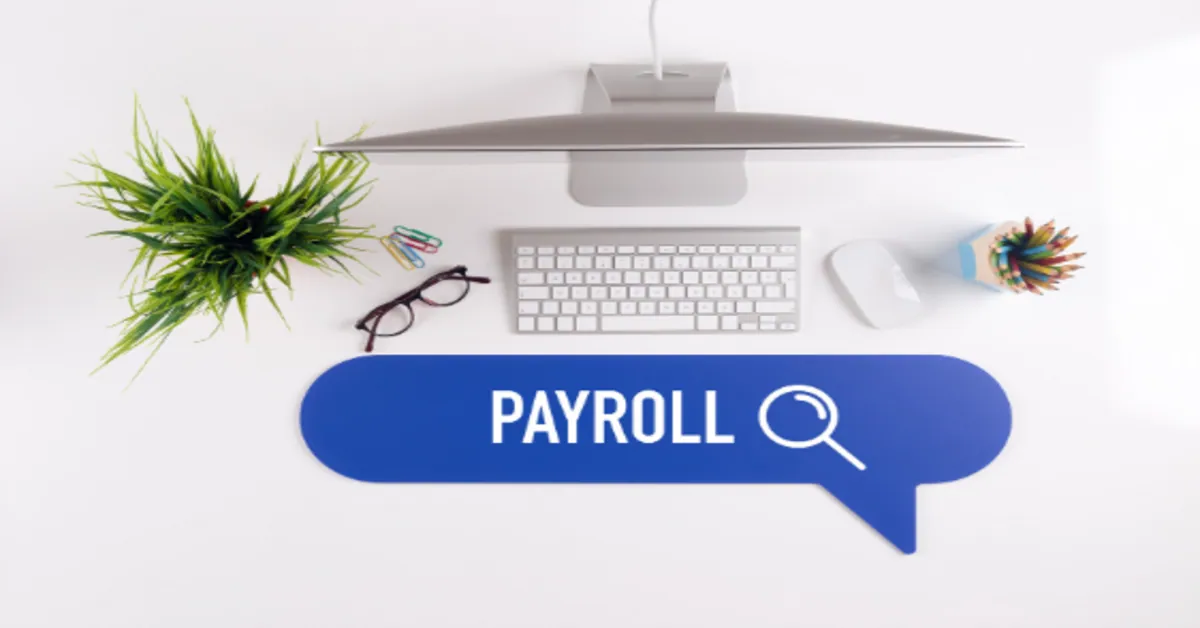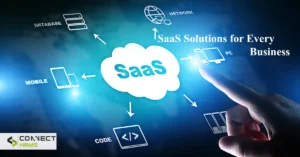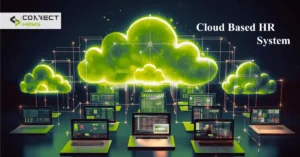Payroll software for Human Resource Management Systems (HRMS) is a must for modern enterprises. It facilitates the effective management of personnel data, attendance, pay, and other HR related duties. The payroll software that your HR department uses can have a significant impact on how well it operates. The top ten characteristics of HRMS payroll software are as follows:
Processing payroll
The ability to process and compute employee salaries is the main function of any HRMS payroll software. It should automatically manage different pay scales, bonuses, deductions, taxes, and other elements to guarantee correctness and prompt payment.
Employee Self Service Portal
A gateway for employee self-service should be offered by a reputable HRMS payroll software. Employees and the HR team can save time by seeing paystubs, updating personal information, and monitoring leave balances without involving HR personnel.
Leave and Attendance Management
Controlling staff absences and attendance is an additional crucial component. Tracking of working hours, overtime, sick leave, and vacation days should be possible using the software. To automate the procedure, it can also be integrated with card-based or biometric attendance systems.
Tax Administration
The correct HRMS payroll software makes tax calculations easier, even though they might be complicated at times. It ought to automatically apply deductions, create tax reports, and compute income taxes depending on employee salaries. This helps prevent mistakes and guarantees adherence to local tax regulations.
Compliance with Labor Laws
Local labor rules and regulations must be complied with by HRMS payroll software. To ensure that your business remains compliant, it should be kept up to speed with changes in laws pertaining to minimum wage standards, overtime regulations, and employee benefits.
Performance Management
Payroll systems from HRMSs often come with the extra benefit of tracking employee performance. It enables managers to give feedback, carry out performance evaluations, and define targets. This function aids in identifying areas that require development as well as recognizing top achievers.
Customizable Reporting
Teams in charge of payroll and HR frequently have to provide reports on a range of indicators, including attendance records, tax deductions, and wage distribution. Features that enable users to customize reports to meet their individual requirements simplify the process of analyzing data.
Integration with Other Systems
Payroll software for an HRMS should be able to interact with other company systems, such as accounting and financial software. By ensuring smooth data flow between departments, this lowers the need for human data entry and boosts productivity all around.
Data Security
Due to the sensitivity of employee data, effective safety precautions are essential. To prevent unauthorized access to sensitive data, the program should provide encryption, safe access controls, and frequent backups.
Scalability
Your HRMS payroll software should change with your company as it expands. The software ought to be adaptable enough to grow with your business, whether that means adding new features, hiring more staff, or opening up new locations.
Conclusion
It’s essential to select HRMS payroll software that provides these crucial features. HR operations cannot function properly without effective payroll processing, employee self service, compliance, and data security. You may decrease mistakes, increase worker happiness, and save time by choosing software with the appropriate functionality. Purchasing the appropriate HRMS payroll software is a first step toward an improved HR department and labor management.





